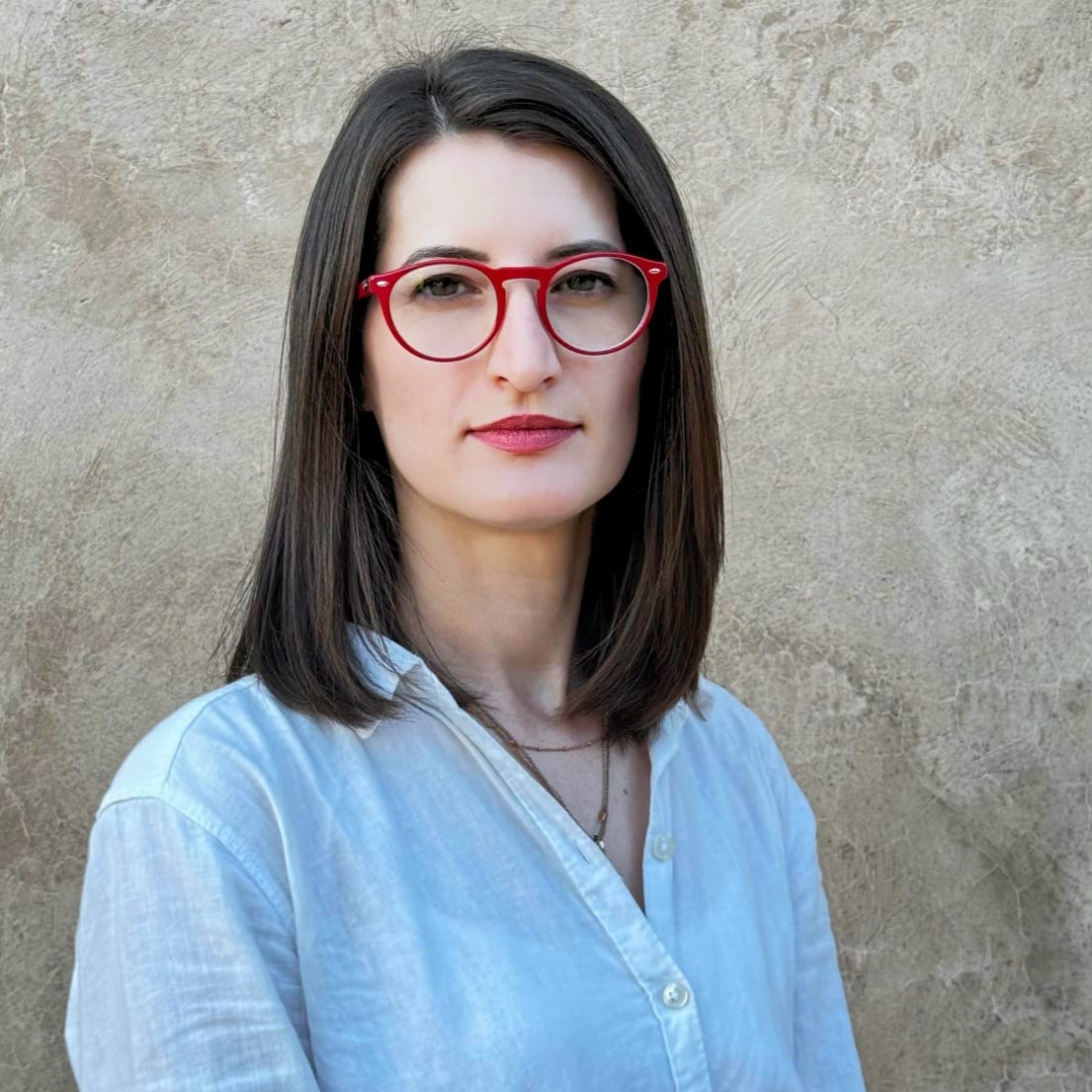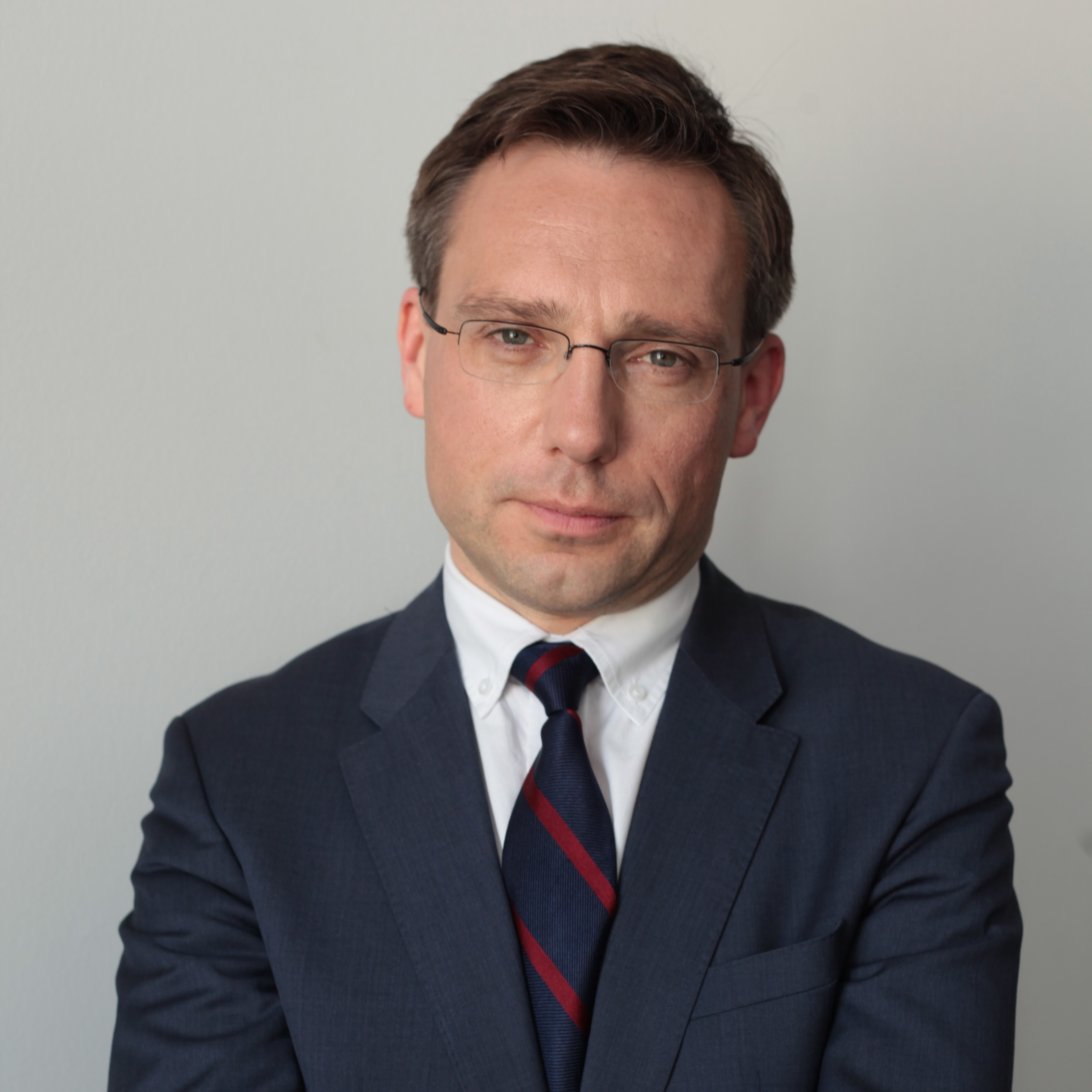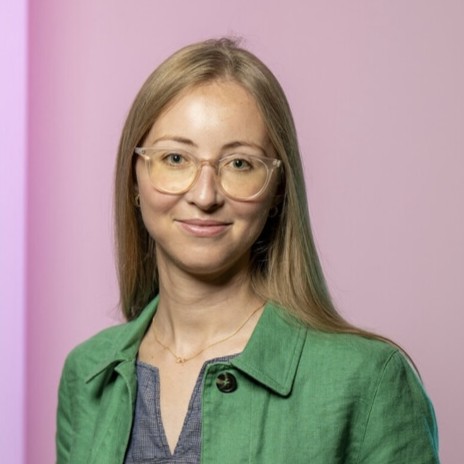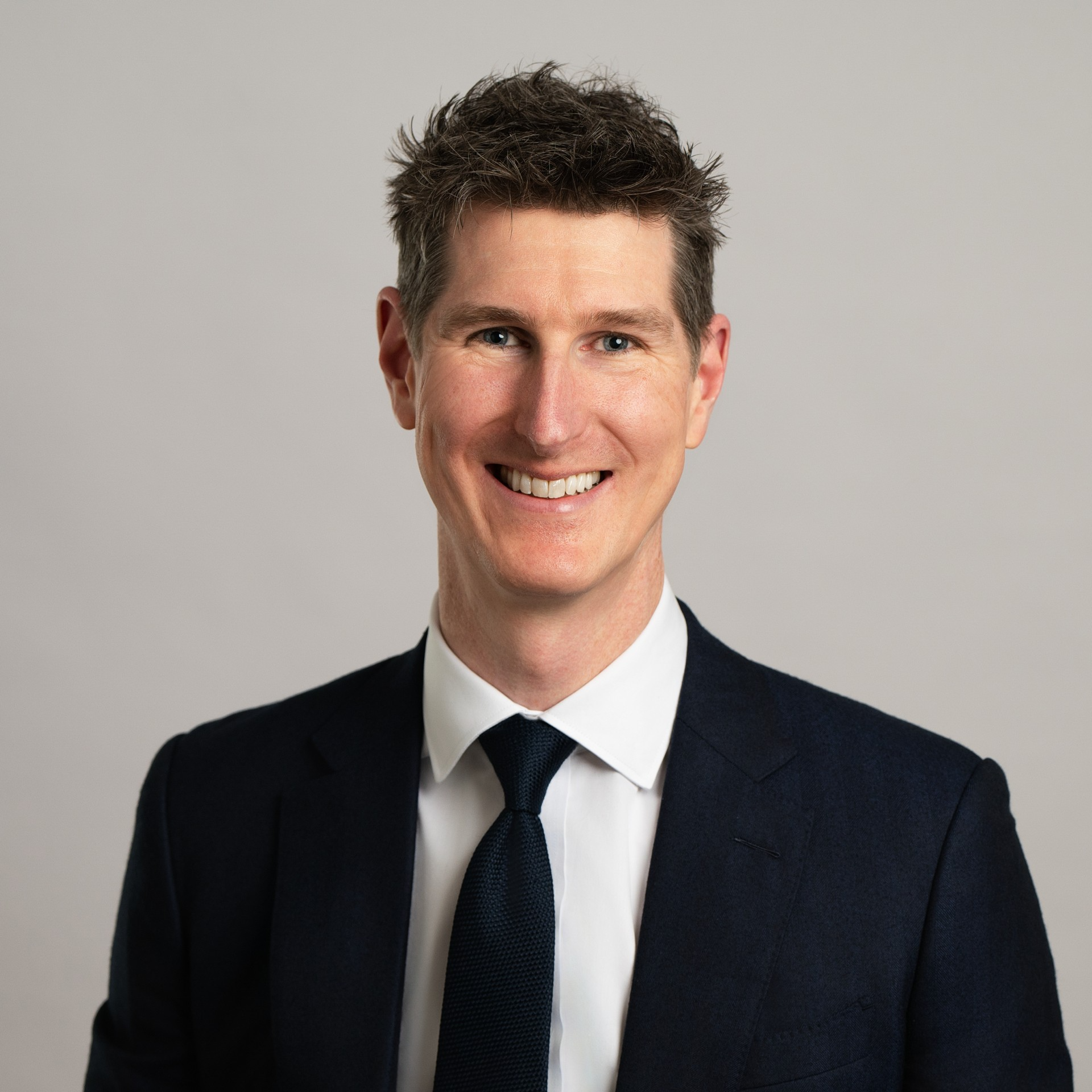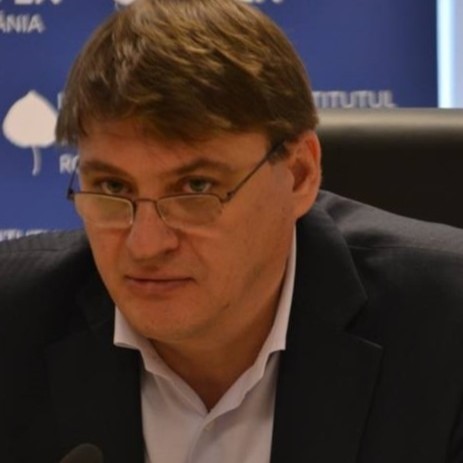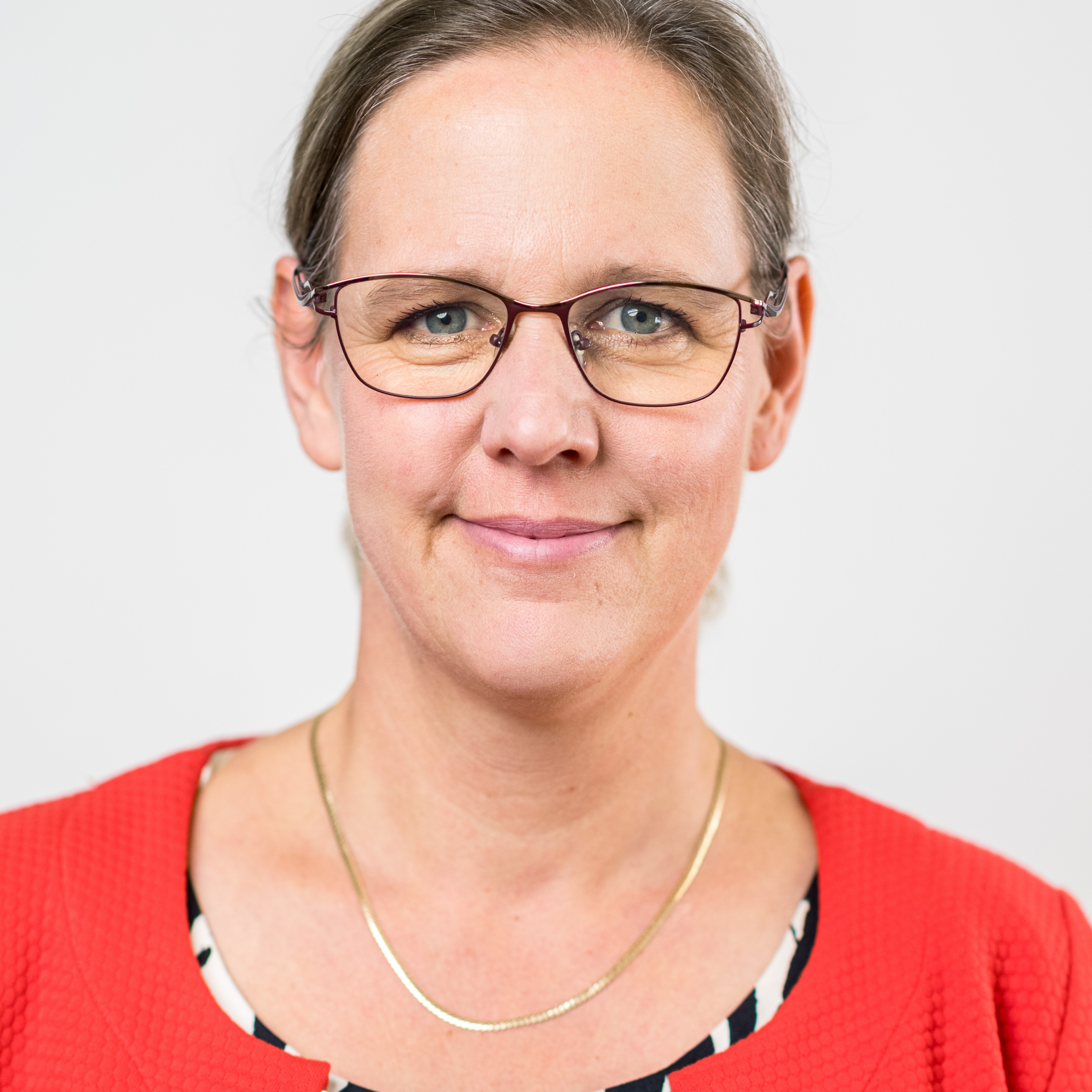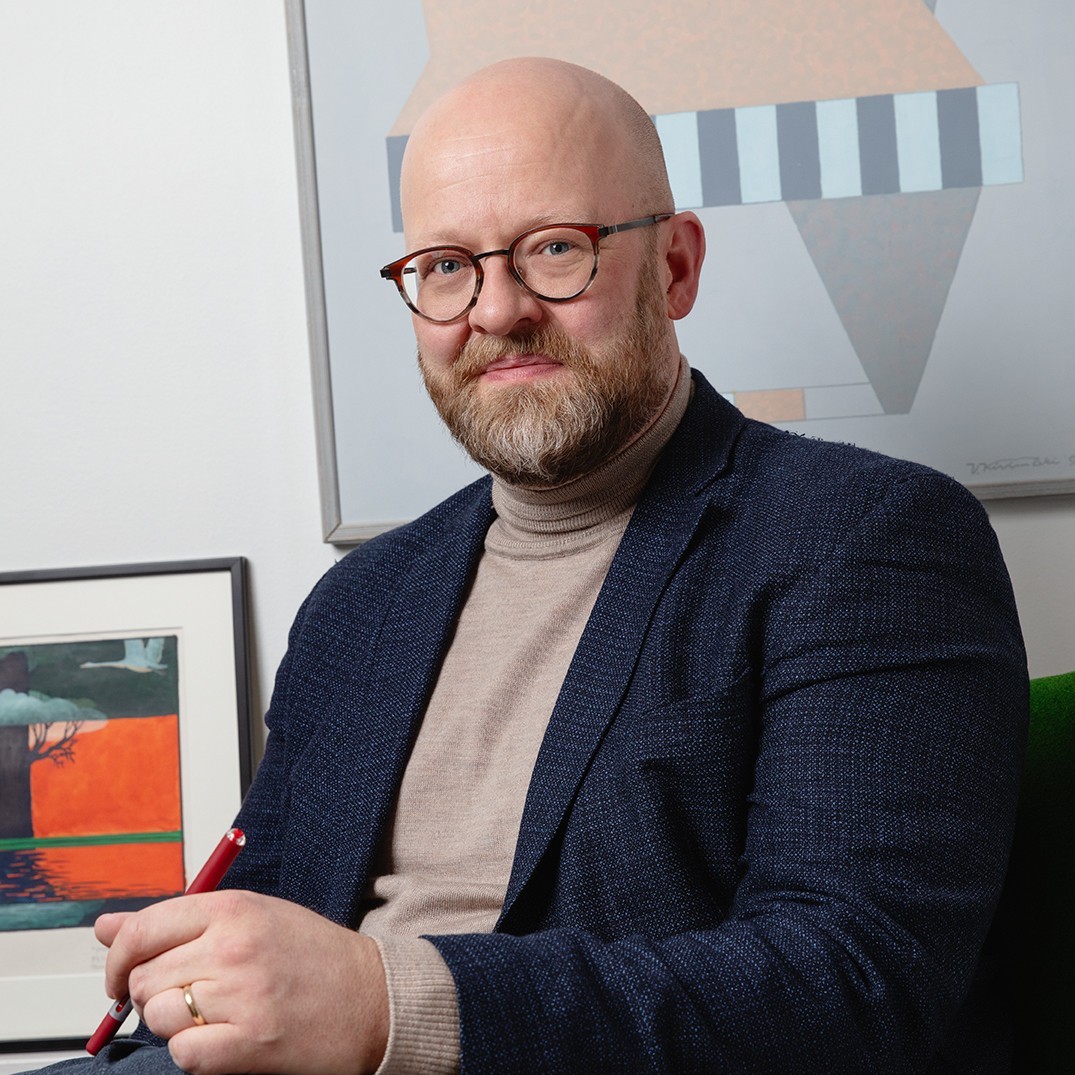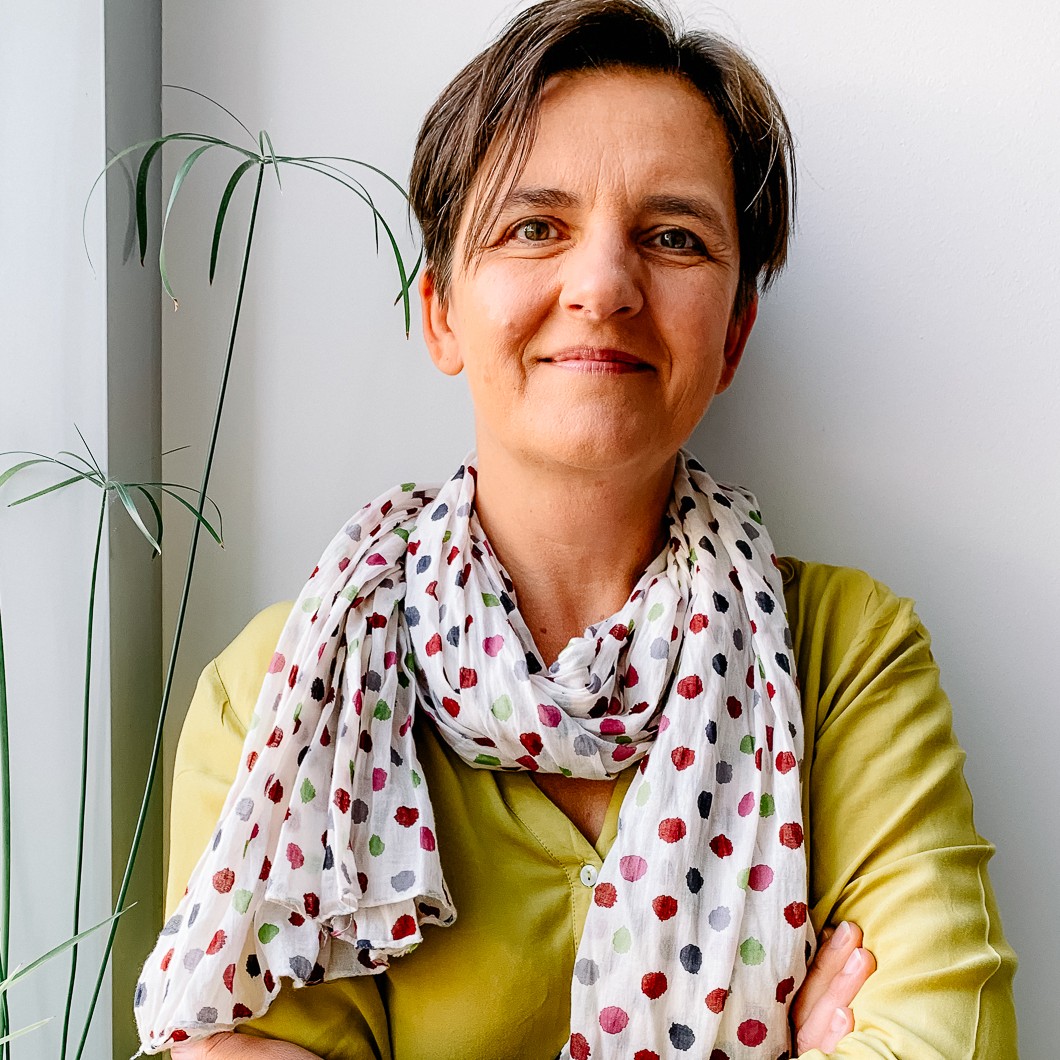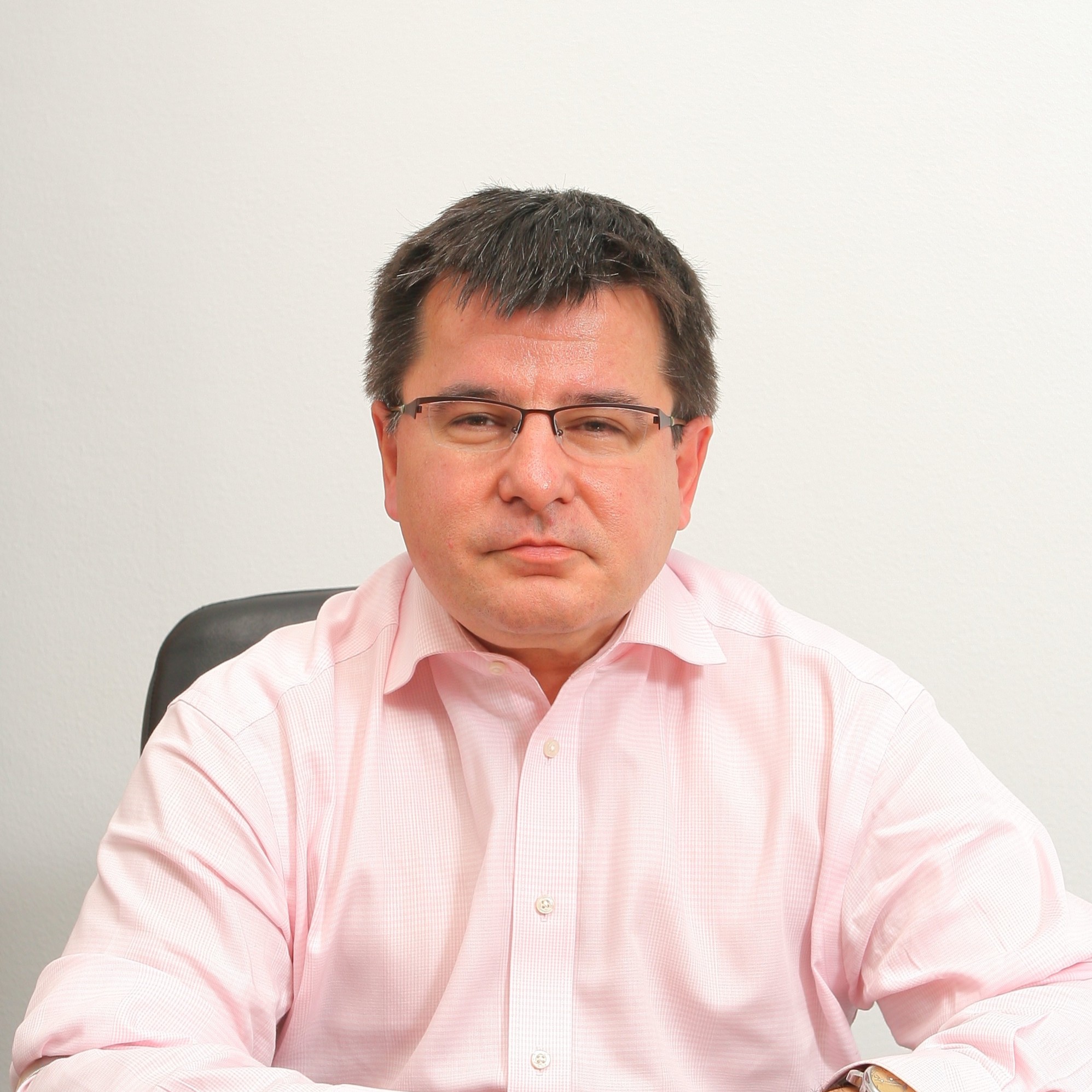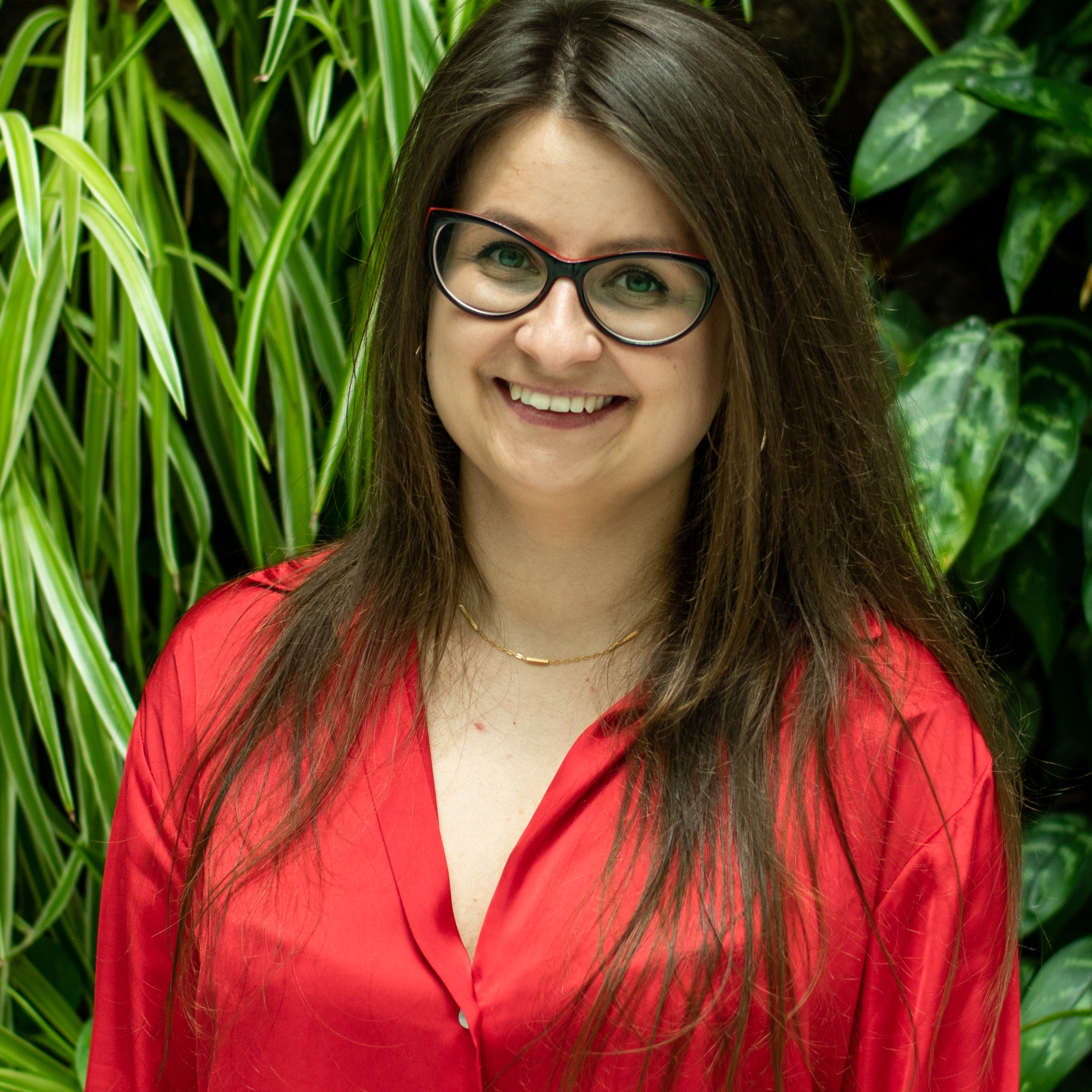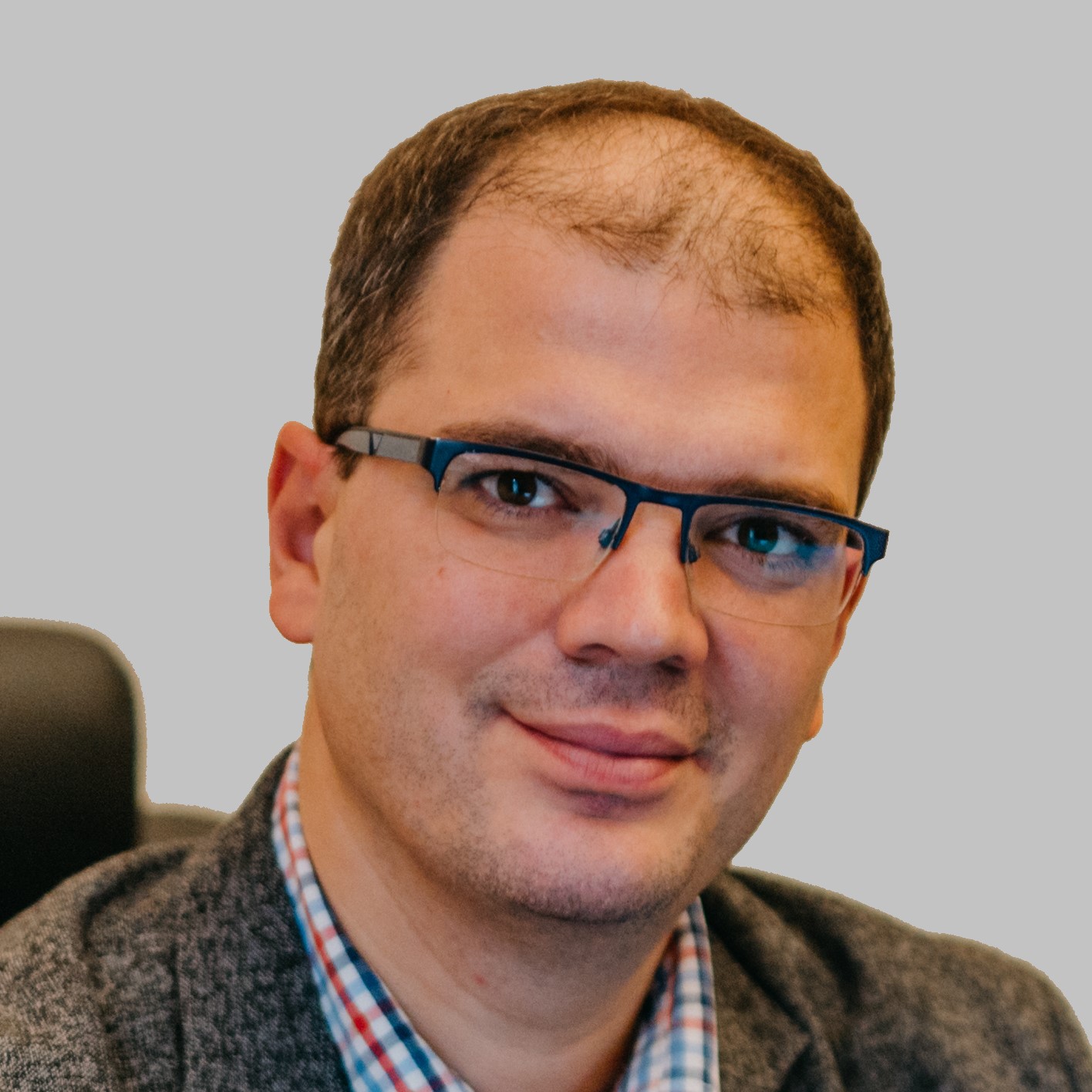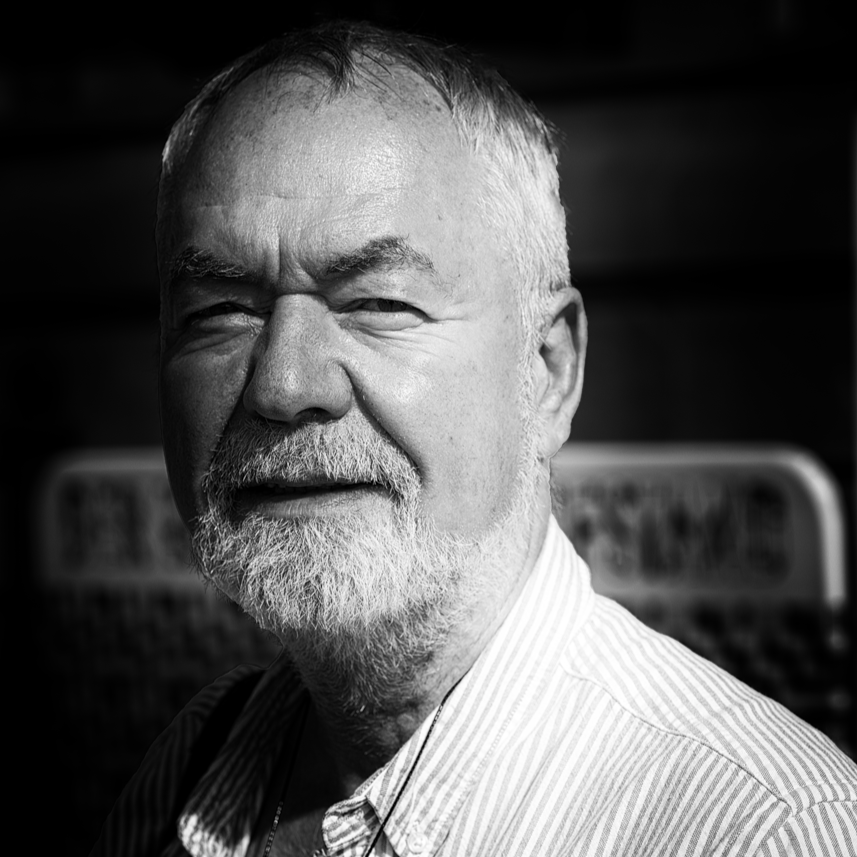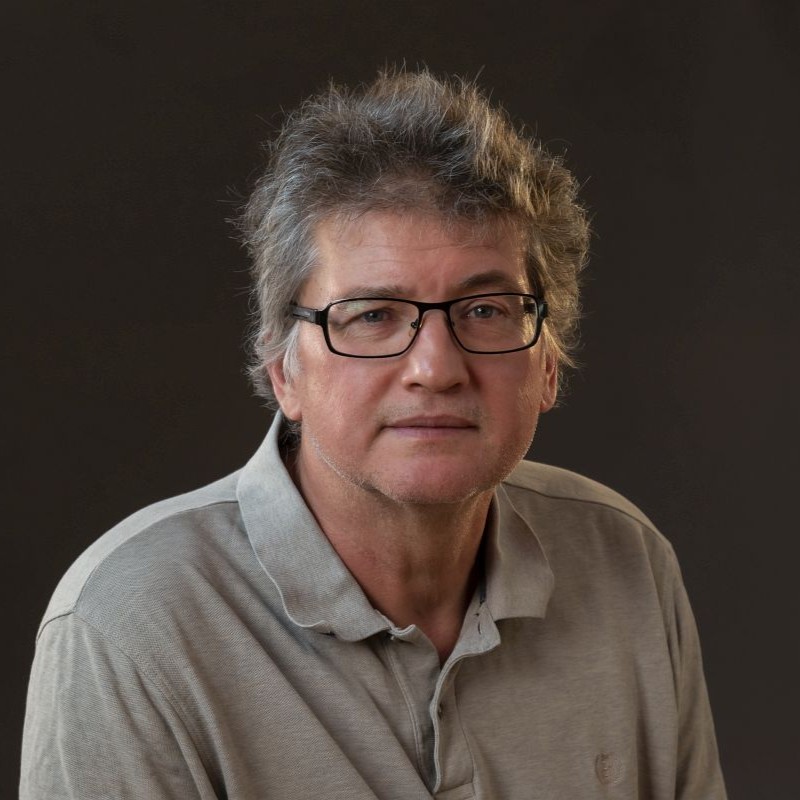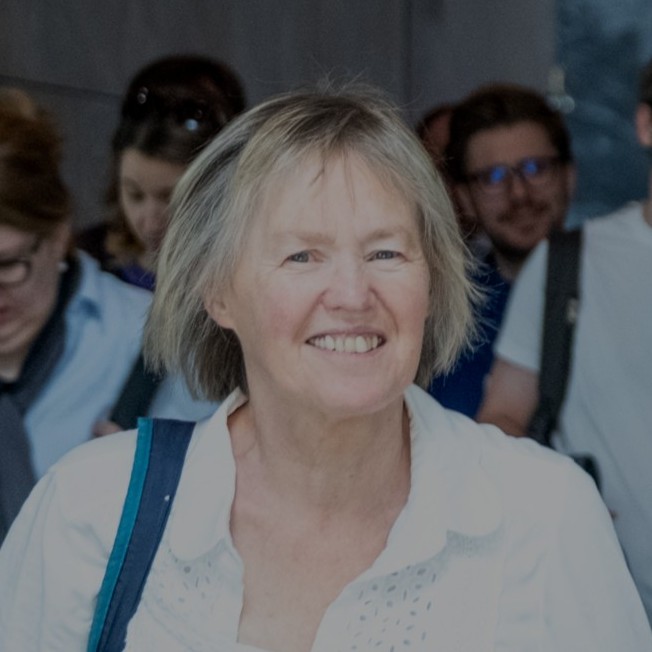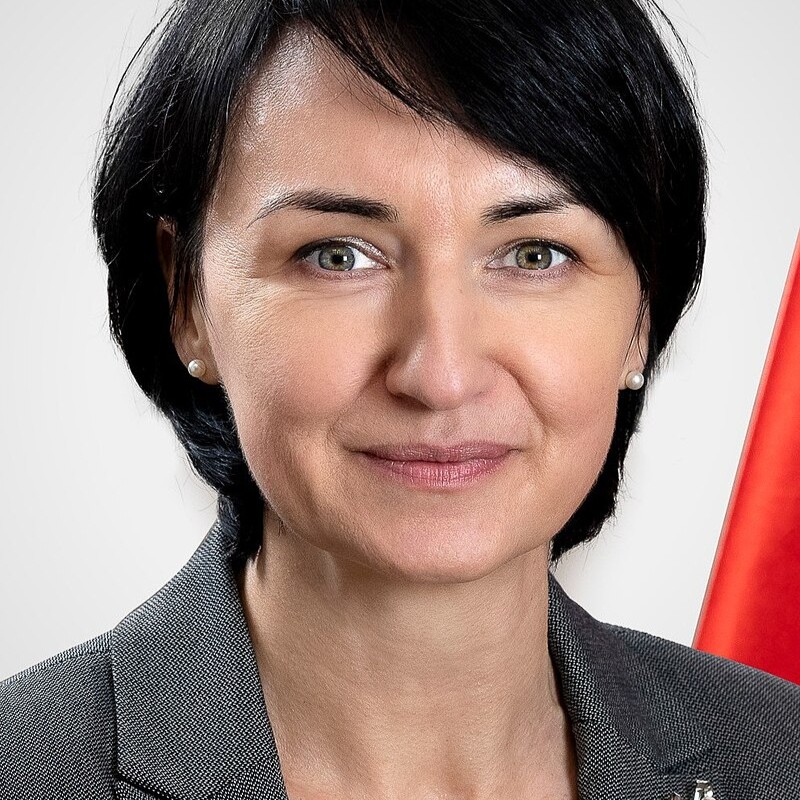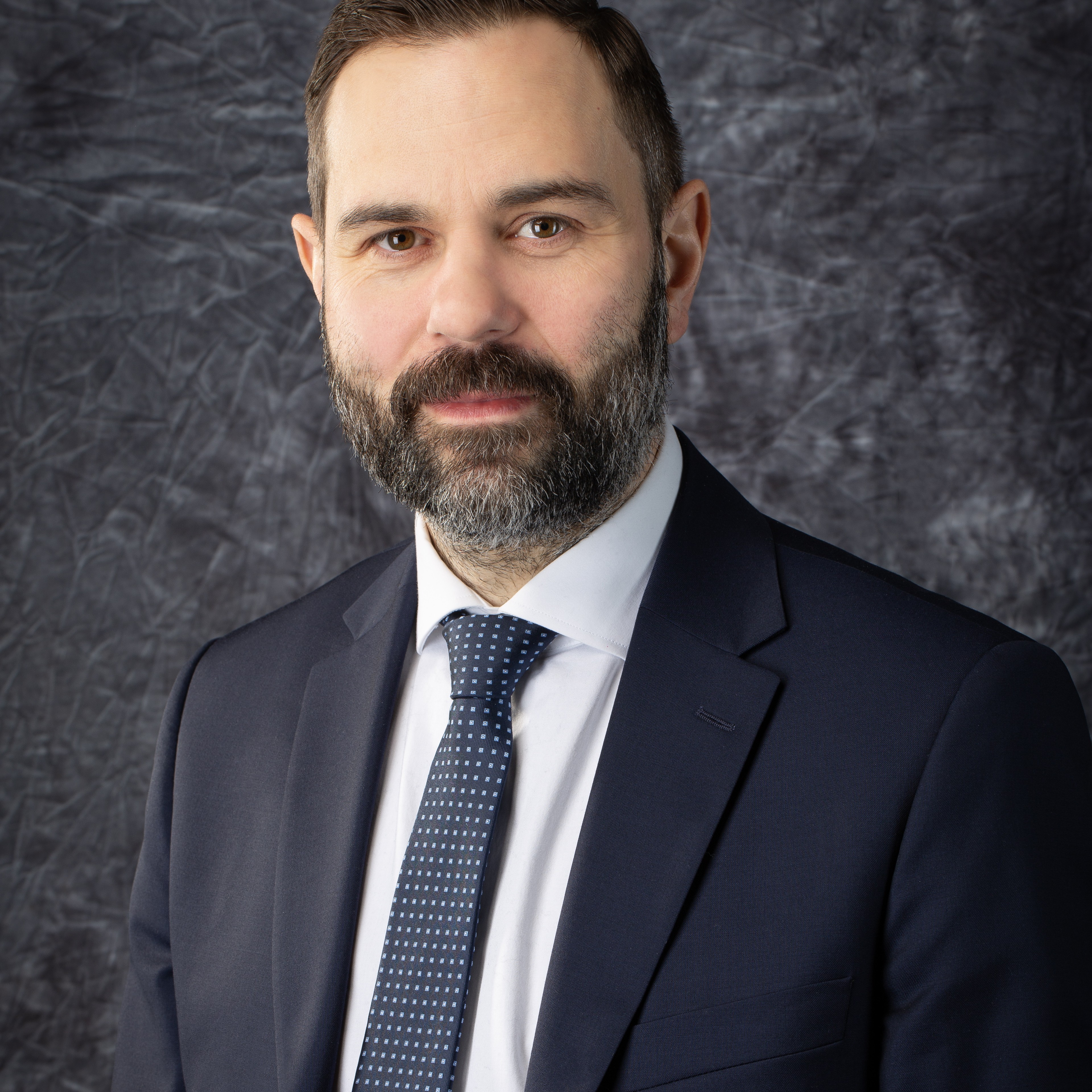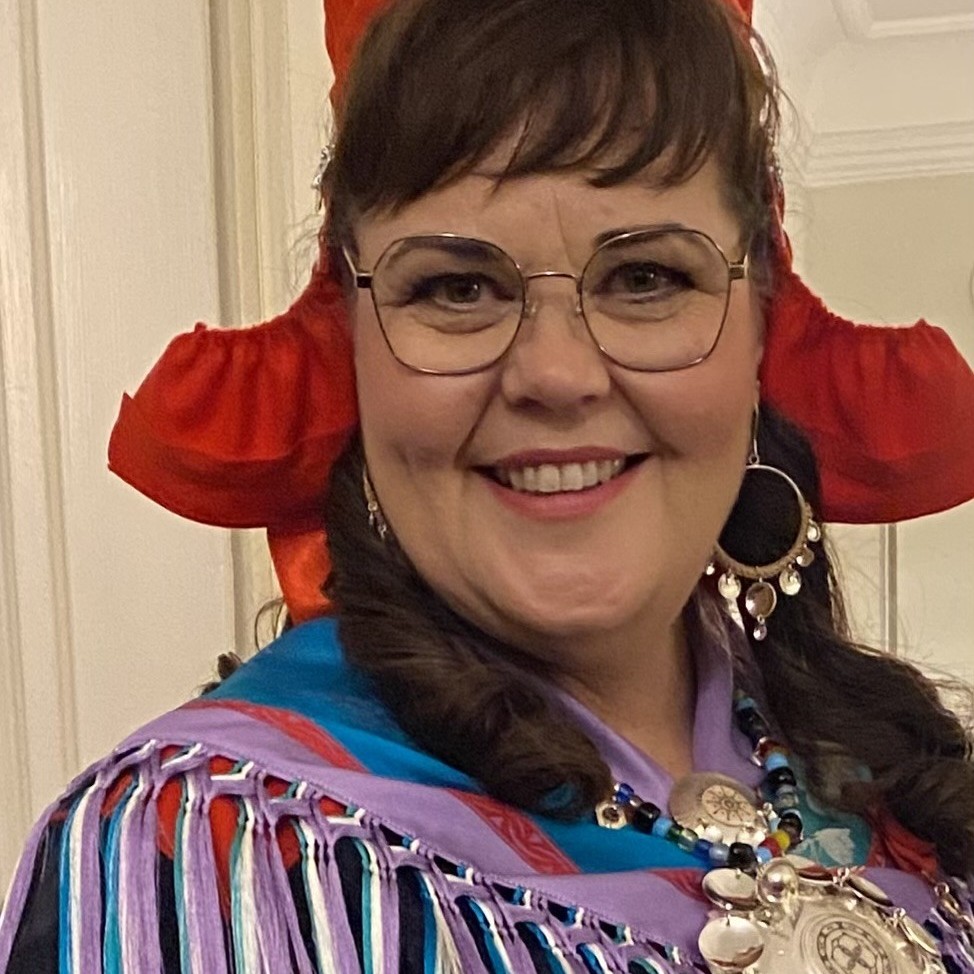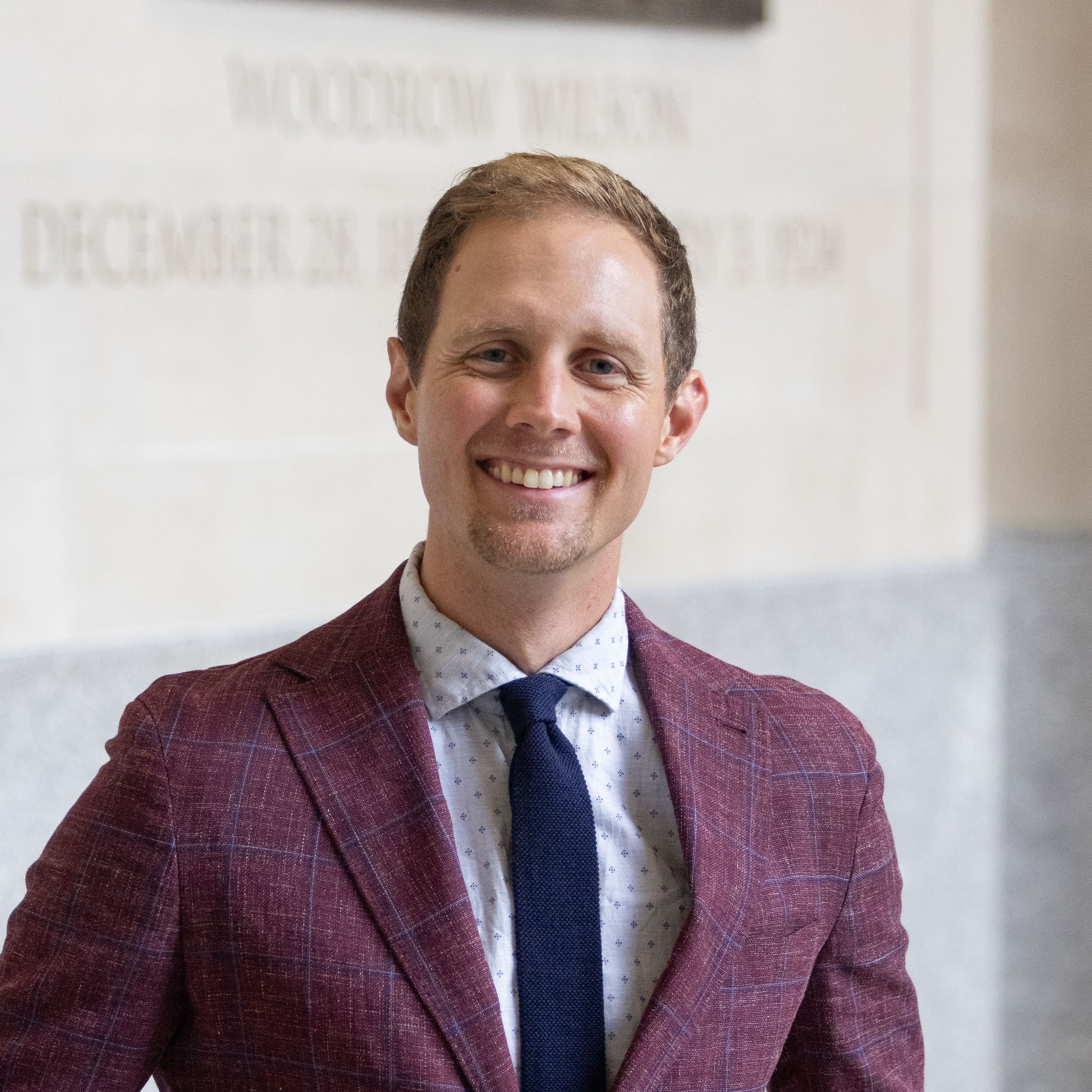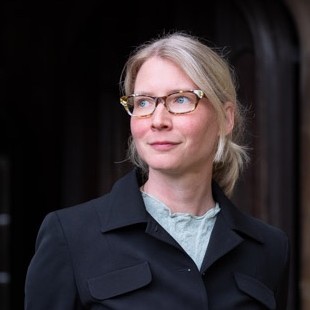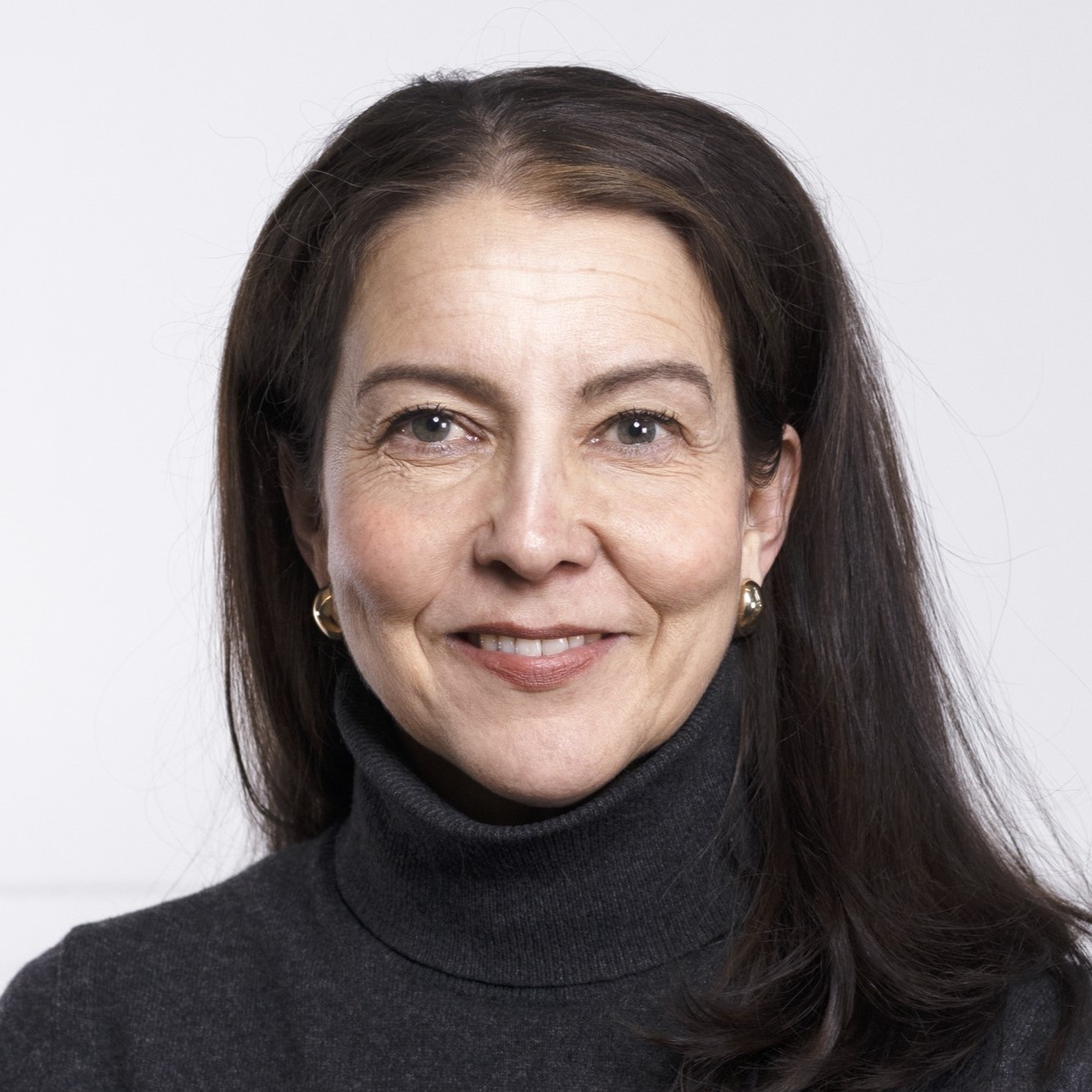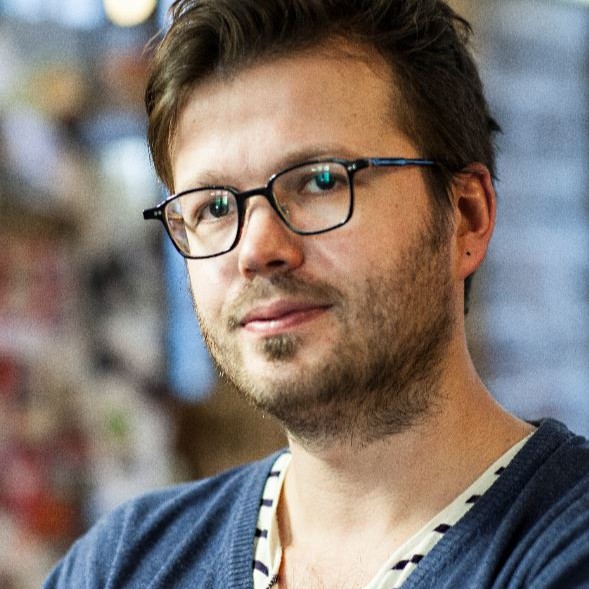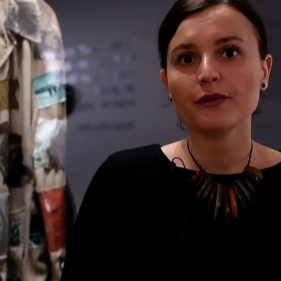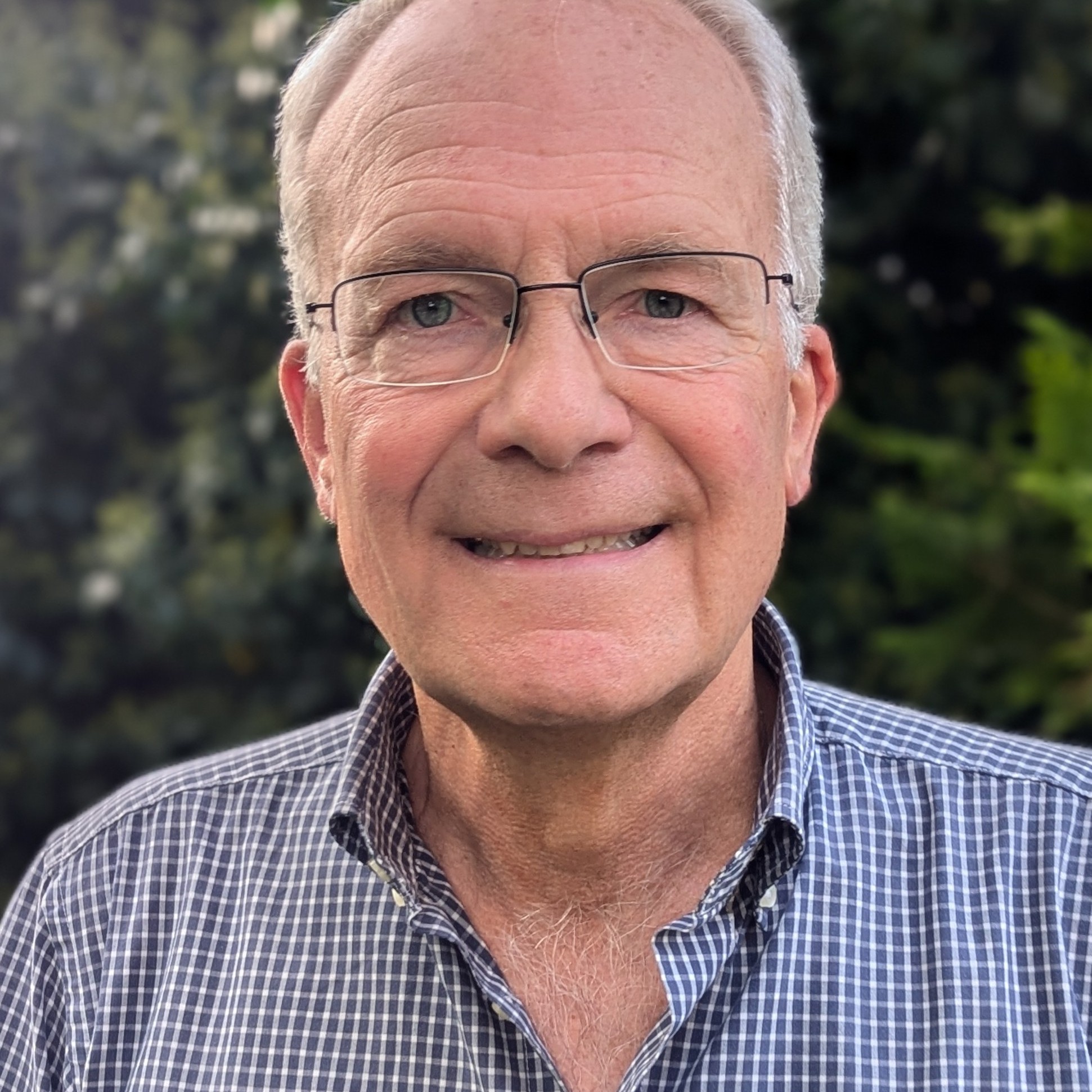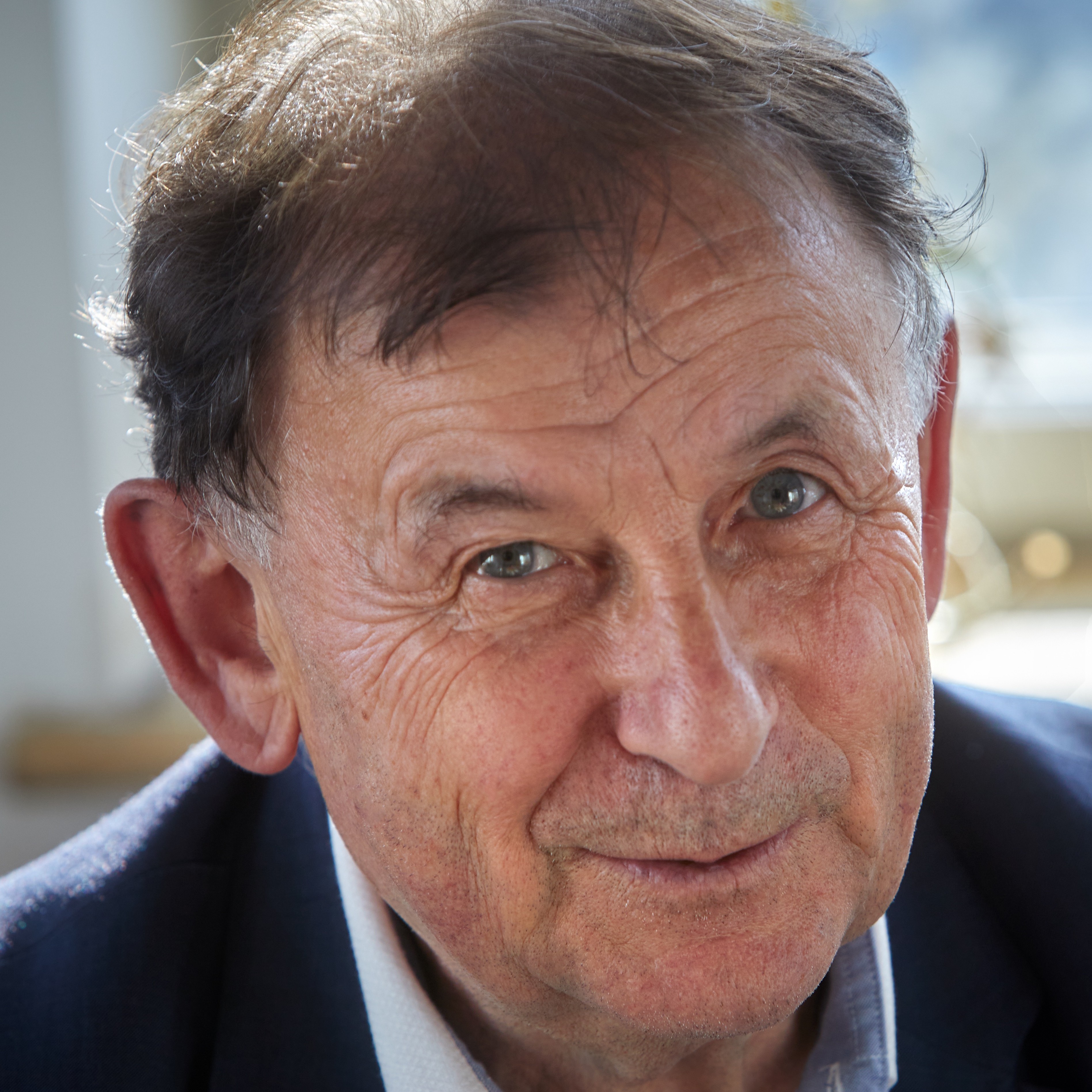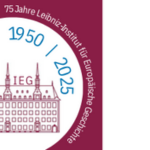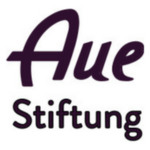On the 50th anniversary of this good faith dialogue, the European Network of Remembrance and Solidarity (ERNS), in collaboration with Historians without Borders in Finland (HWB), the University of Helsinki, the Federal Foundation for the Study of the Communist Dictatorship in Germany, the Leibniz-Institute of European History (IEG), Religion and Cold War Network (ReCoNet) and the Aue Foundation, will explore what became known as the ‘Spirit of Helsinki’.
Often described as a ‘masterpiece of diplomacy’, the CSCE nonetheless retains a controversial place in history. Certain scholars laud the Helsinki Final Act for creating a framework to reduce Cold War tensions, fundamentally changing how we think about ‘security’, while others have indicated that it ratified the division of Europe and allowed Soviet hegemony after the post-World War II division of Europe.
The dynamic contribution made by a range of civil and political actors after 1975 will be explored. It was the Helsinki Final Act that gave various non-state actors in Central and Eastern Europe, as well as the Soviet Union, hope for a new future and transnational support to pursue these visions.
During the symposium we will discuss where the ‘Spirit of Helsinki’ has gone and the implications for current global challenges. In particular, we will address questions such as: How can the Helsinki Final Act shape today’s peace processes, especially in relation to ongoing conflicts (Ukraine, Palestine, Israel)? What role did diplomacy play in the 20th century and how has it evolved since? How did the Helsinki Act influence perceptions of diplomacy? What did security mean in 1975 compared to today? How did the ‘Spirit of Helsinki’ defeat communist dictatorships and reshape civic space - East and West? How did the Helsinki agreement change (or establish) perceptions of human rights?
These and other questions will be raised during discussions, panels and workshops.
Participants of the symposium will have an opportunity to visit memory places and museums important for Helsinki’s local history. The sites visited will relate to the geopolitical position of Finland between the East and West throughout history. These visits will present the city of Helsinki as a stage of world politics and social developments in the 20th-century through its many interesting architectural and artistic sights.
One of the most important aims of the annual symposium is to improve networking between representatives of institutions dealing with 20th-century history. This includes representatives of governmental, international and civil society bodies, museum and cultural heritage professionals, as well as scholars, teachers and individuals interested in an opportunity to deepen their knowledge and improve their skills. It also presents a range of possibilities for collaborative partnerships, applications and projects for interested individuals and organisations.

